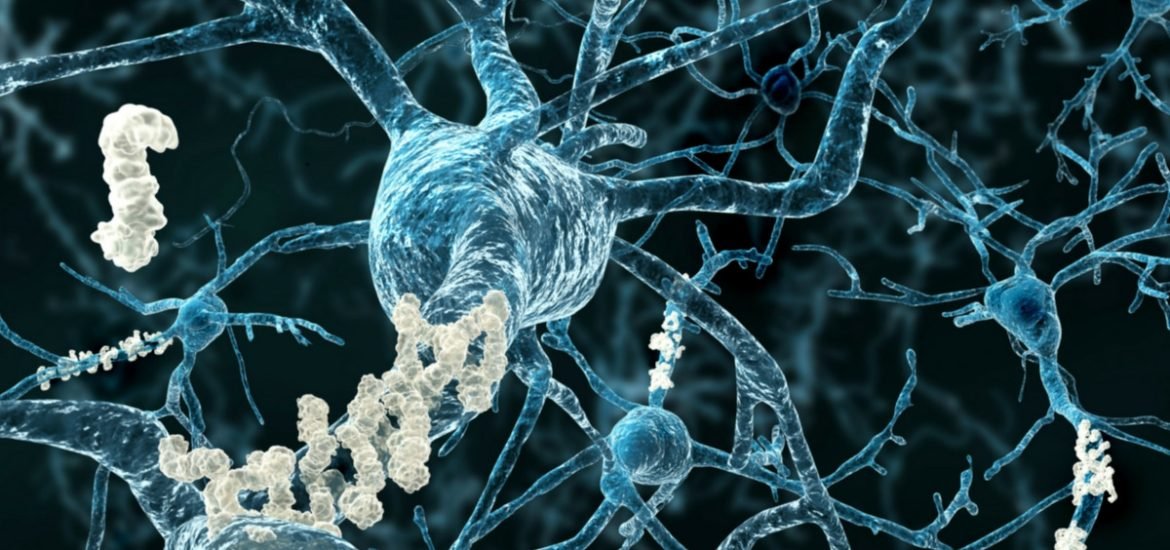
New data presented at the Alzheimer’s Association International Conference on July 25th came as an unexpected surprise. Patients receiving the drug performed 30 percent better on cognitive tests than those receiving the placebo treatment.
In the placebo-controlled, double-blind, randomized controlled trial, 856 patients with early Alzheimer’s disease ― with confirmed amyloid pathology in the brain ― were treated with BAN2401, an anti-amyloid beta (Aβ) protofibril antibody. The drug attacks toxic plaques called amyloids that are strongly believed to be responsible for the disease. Patients were prescribed different dosages of the drug and changes in biomarkers associated with the disease were assessed from baseline to 18 months.
Dr. Ronald Peterson, director of Mayo Clinic Alzheimer’s Disease Research Center, reported that the drug ― produced by Biogen and Eisai ― seems safe so far and seems to be working effectively, Phase 3 clinical trials are still needed to prove these results can indeed be replicated. Chief science officer of the Alzheimer’s Association Dr. Maria Carrillo says they will “remain cautiously optimistic.”
Despite an abundance of genetic evidence collected in the research laboratory, previous drugs aimed at attacking amyloids were unable to show any significant effects in large-scale clinical trials. Furthermore, Alzheimer’s treatments that often seem promising in the early stages, have only disappointed in late-stage clinical studies.
Nonetheless, if the results can be replicated on a larger scale, this study may turn out to be groundbreaking since no new Alzheimer’s drugs have been approved in the past 15 years. This current sense of anticipation rippling through the medical community is also being reflected in growing investor enthusiasm. Over the last month, Biogen’s has seen its share price rise by close to 30 percent and Eisai’s share price is equally soaring.
It remains uncertain whether Biogen and Eisai will pursue further clinical studies to further verify the benefits of BAN2401 or if they will go directly to the Food and Drug Administration (FDA) seeking approval based on the phase II results. Dr. Lynn Kramer, the chief medical officer of Eisai’s neurology division, hinted earlier in July that the company considers the Phase II trial to be “late stage” and that the possibility of using it to win regulatory approval was on the table.
Biogen and Eisai may still have some convincing to do before the treatment is approved by regulators. The study did not, in fact, meet its main goal since four doses of BAN2401 did not outperform the sham. However, 161 patients who received the highest dose every two weeks showed significant cognitive improvement compared to 245 people given a placebo treatment. The clinical study is still too small to be definitive.
A number of additional caveats will also need to be addressed. The metric used to measure mental acuity has not previously been used for FDA approval and because the research was carried out by company scientists rather than academic researchers, it has never been reviewed by outside experts.
It is estimated that around 50 million people worldwide suffer from dementia, and Alzheimer’s is the most prevalent form. Thus, any glimmer of hope in treating this deadly disease is welcomed.